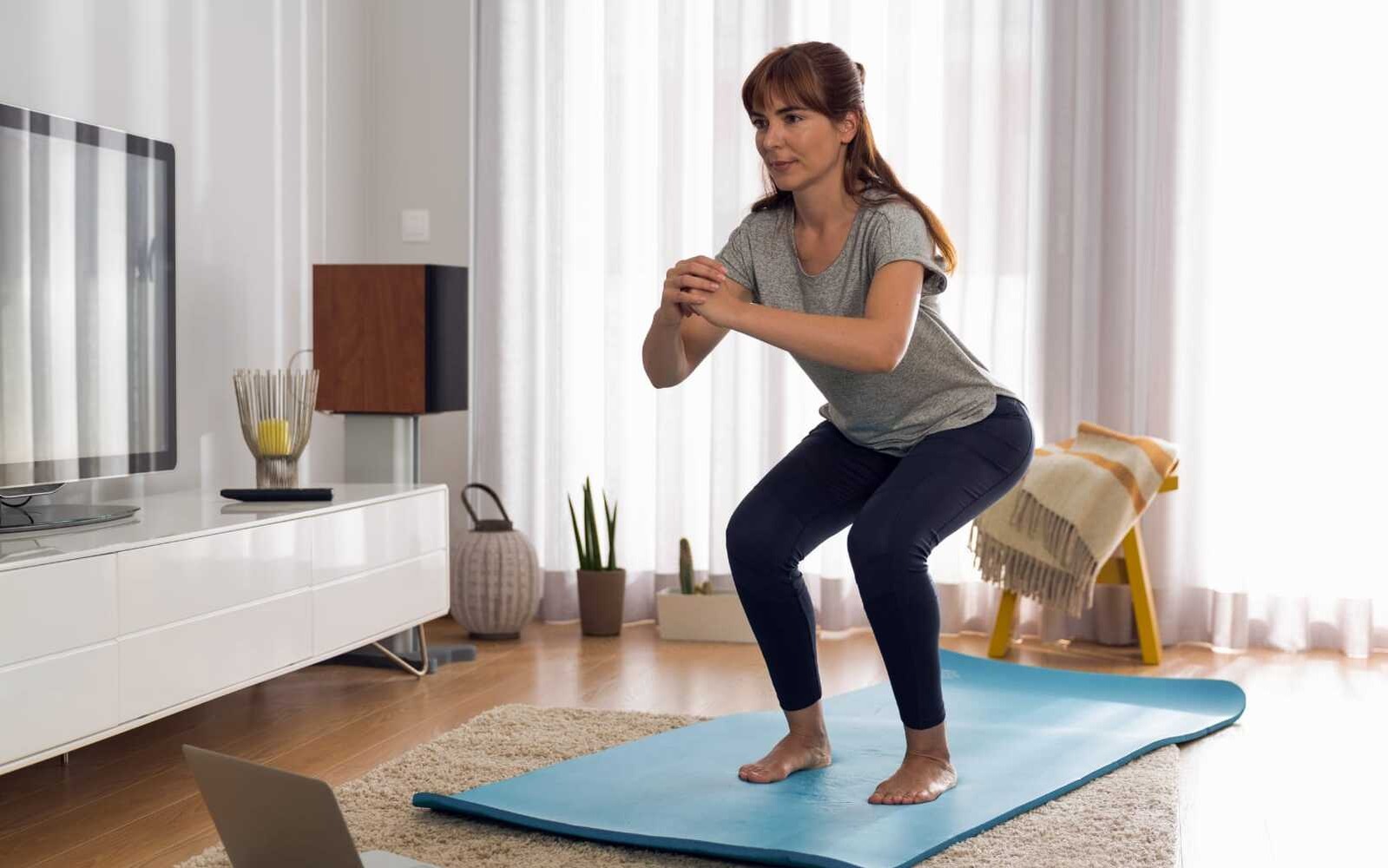The Importance of Movement



Although dietary changes will take you a long way to being completely healthy, you’ll need some exercise to improve your fitness and sense of well-being. Something as simple as a daily walk can do wonders. Exercise helps you maintain a normal appetite, gives you energy, helps you sleep, improves circulation, digestion, blood pressure, blood sugar and triglyceride levels… the list goes on. Changing your diet will help improve your health immensely, but a little exercise can take it to the next level.
Movement is a fundamental aspect of human health and well-being. Regular physical activity is crucial for maintaining cardiovascular health, improving muscle and joint function and enhancing mental health. Movement helps to increase blood flow, deliver essential nutrients to tissues and remove waste products from the body, which collectively support optimal physical function. Additionally, regular movement can help prevent chronic diseases such as heart disease, diabetes and obesity, while also aiding in weight management and promoting better sleep. The mental health benefits of movement are also significant, as physical activity has been shown to reduce symptoms of depression and anxiety, improve mood and boost overall cognitive function.
Functional fitness plays a vital role in promoting regular movement by focusing on exercises that mimic everyday activities and enhance overall physical capabilities. Unlike traditional fitness routines that may isolate specific muscle groups, functional fitness emphasizes compound movements that involve multiple joints and muscles working together. This approach not only improves overall strength and coordination but also enhances balance, flexibility and endurance. By training the body to perform real-life movements, functional fitness helps individuals move more efficiently and effectively in their daily lives, reducing the risk of injury and improving overall quality of life.
Incorporating functional fitness into your routine can lead to numerous long-term benefits. It can improve posture and alignment, making everyday tasks such as lifting, bending and walking more manageable and less taxing on the body. Additionally, functional fitness can enhance athletic performance, as it builds a strong foundation of strength and agility that can be applied to various sports and physical activities. This type of training is also highly adaptable, making it suitable for people of all fitness levels and ages. By starting with basic movements and gradually increasing intensity, anyone can reap the benefits of functional fitness and enjoy a more active, healthy lifestyle.






